How to sleep when you've got a cold, according to a sleep expert
Beat the snot with this guide
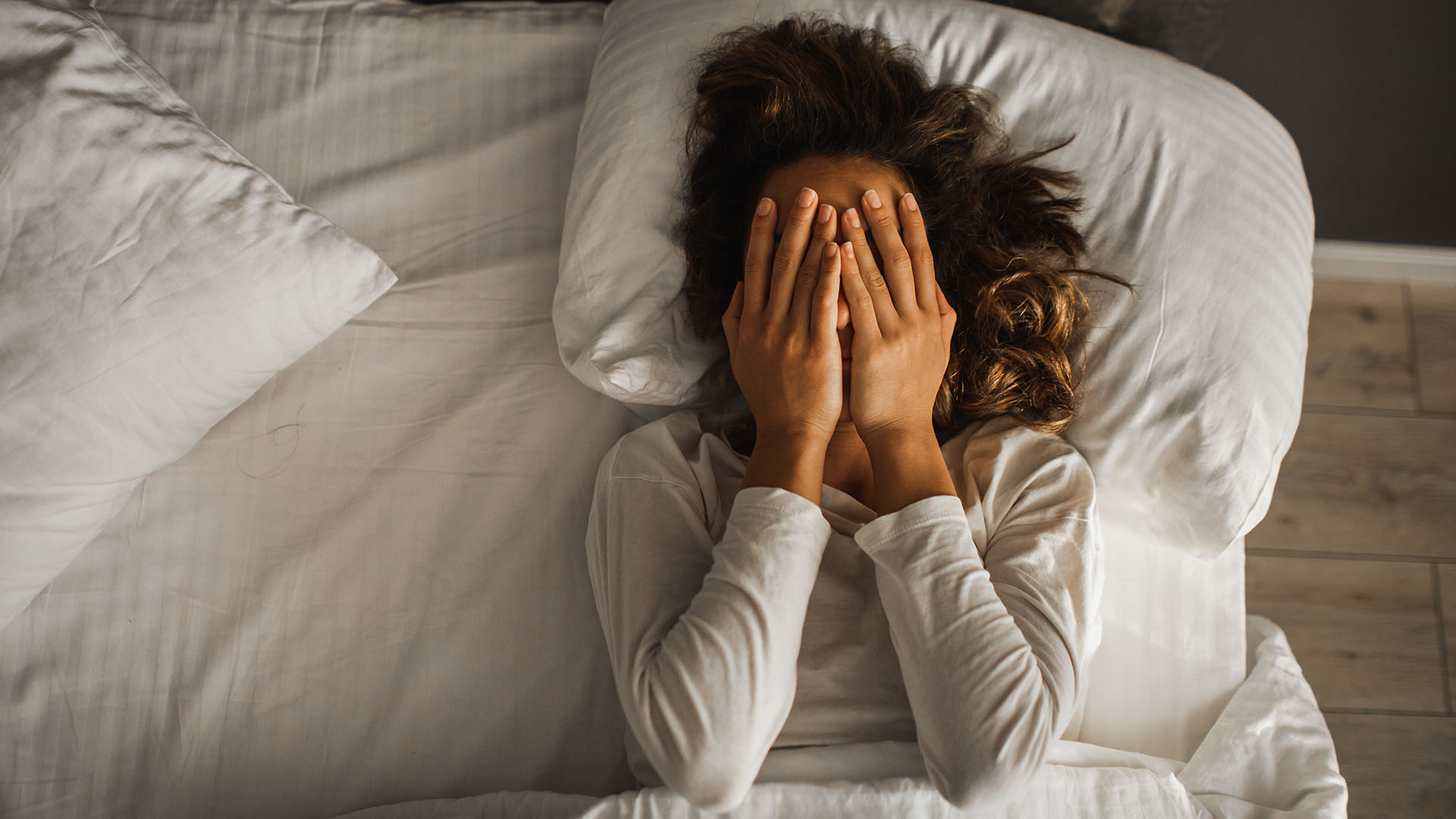
Colds and flu are making their rounds as usual this winter, and one unhelpful side effect is that the congestion can make it difficult to fall asleep, preventing your body from getting the rest it needs to recover (and making you feel even more grotty). We consulted a sleep expert for their advice, and it turns out there are some straightforward techniques that can really help the situation. Here's everything you need to know about how to sleep with a cold.
Why does a cold get worse at night?
“Cold symptoms are usually worse at night," explains Dr Lindsay, a neuroscientist and sleep expert at And So To Bed. "When laying down, the mucus cannot drain in the same way it would when gravity is helping, leading to disturbed breathing or a cough caused by post-nasal drip."
Why is sleep so important when you've got a cold?
Sleep is always important to both our physical and mental health. It's even more vital when you're ill, because of the role it plays in recovery. “Our immune system is boosted overnight meaning it is even more important to get a good night’s sleep when you are poorly," explains Dr Lindsay. "If you don’t get enough sleep you are likely to take longer to fight off the virus."
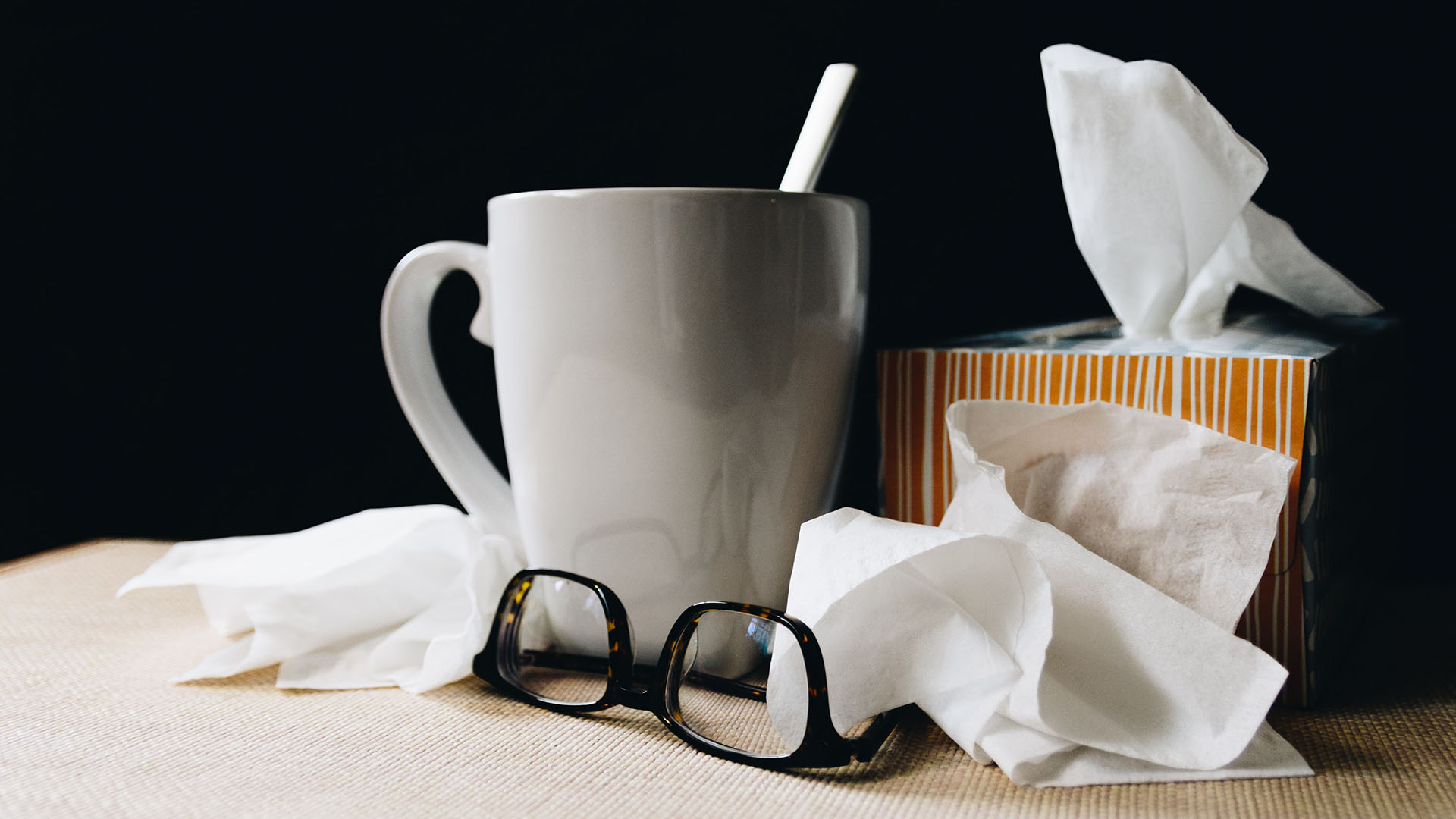
How can you ease cold symptoms at night?
A few deep breaths of hot steam can thin and loosen the mucus and help clear your airways so you can breathe easier. An easy way to do this is to take a hot shower (closing the bathroom door to trap the steam in). Alternatively, you can make a mini sauna for your face by filling your sink or a bowl with hot water, leaning over it and draping a towel over your head to create a small, steamy tent. "As the steam builds, inhale deeply. Take care not to scald your face on the water or steam," says Dr Lindsay.
What's the best position to sleep in for congestion?
"Sleeping with your head elevated can help drain mucus and relieve sinus pressure," explains Dr Lindsay. Sleep lying on your back, and use a high-loft pillow (or double up with an extra pillow – see our best pillow guide) to prop up your head up. Of course, if you have an adjustable bed, you can just raise the head end.
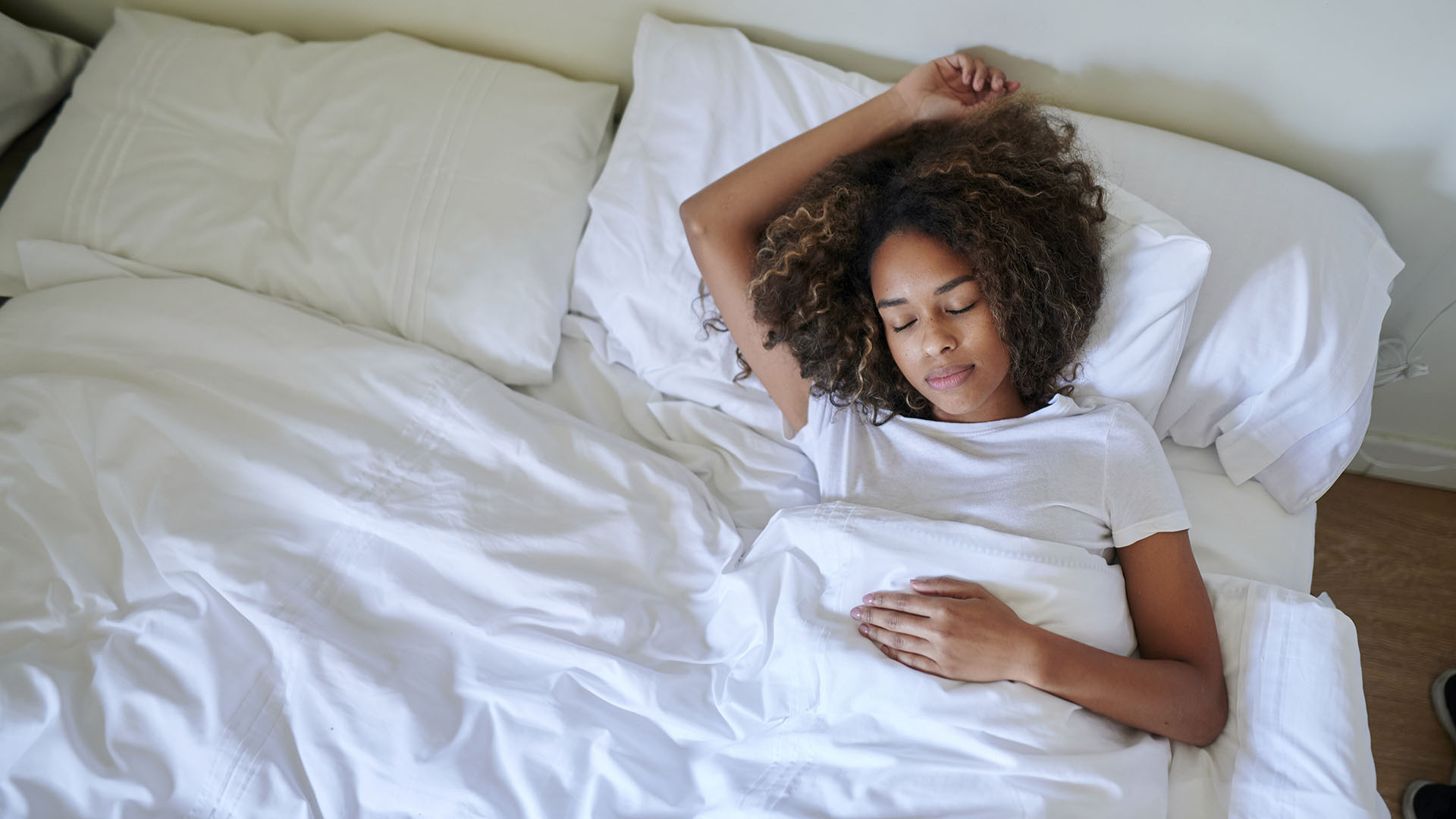
How can you prepare your bedroom?
You might be more sensitive to changes in light or temperature, so take a moment to prepare your room so that you have the best chance of a good night's sleep. Dr Lindsay suggests keeping your room cool and using blackout blinds or curtains (or a sleep mask) to block ambient light that can disturb your sleep.
Anything else to avoid?
Usual rules apply here – caffeine and alcohol aren't your friend if you want to give yourself the best chance of a great night's sleep, so avoid these in late afternoon and early evening. "Not only can these substances disrupt your sleep and lower your sleep quality, they can also worsen your cold and flu symptoms," says Dr Lindsay. "Caffeine has an average half-life of 6 hours, meaning that 6 hours after your last cup of coffee, half of the caffeine is still in your system."
There are a few potential pitfalls to watch out for here. The first is that some cold and flu medicine contains caffeine, with the aim of helping perk you up. Look for a 'non-drowsy' label, and if your medicine has it, save it for morning use only.
Sign up to get the BEST of Tom's Guide direct to your inbox.
Get instant access to breaking news, the hottest reviews, great deals and helpful tips.
The second is hidden caffeine. Everyone knows to avoid necking an espresso at 8pm, but remember that those festive chocolates also have caffeine in them, and if you've forgone alcohol in favour of a soda, that probably does too.
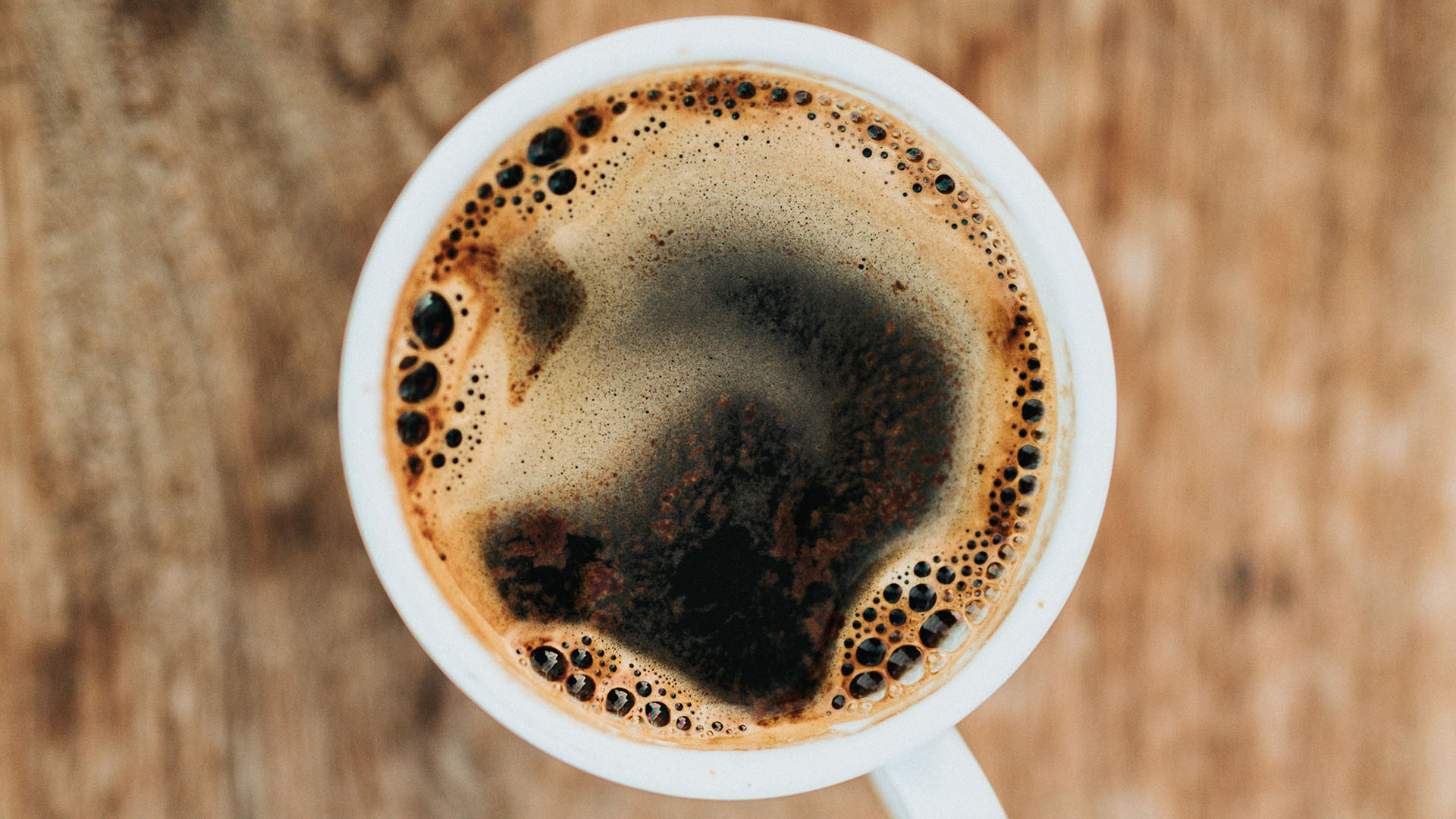
What can you do if you still can't sleep?
"Not being able to sleep, especially when you’re ill, can be really frustrating. However, it is important that you try to remain calm and try not to stress too much as this can actually make falling asleep even harder," advises Dr Lindsay. She suggests getting out of bed for a bit is better than staring at your bedroom ceiling and feeling the minutes tick by. "If possible, get up and go to another room to read or listen to some calming music for a little while," she says. "Avoid mindlessly scrolling through your phone though or you might get so distracted that you forget to go back to bed!"

Dr Lindsay Browning is a chartered psychologist, neuroscientist, and sleep expert at Trouble Sleeping. A member of the British Sleep Society and the American Academy of Sleep Medicine, she has published several academic papers and an international self-help book: Navigating Sleeplessness.
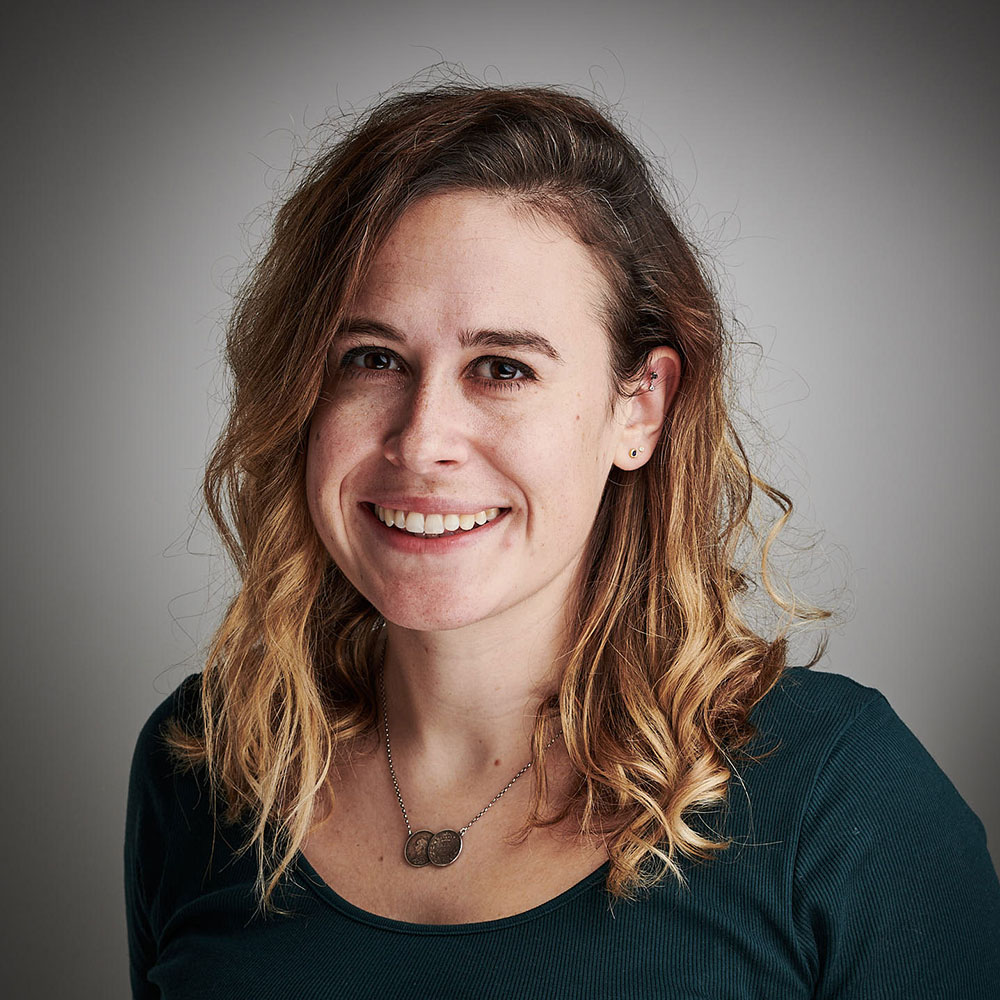
Ruth is currently Homes Editor on Tom's Guide's sister site TechRadar, where she reviews and writes about everything from air fryers to vacuum cleaners to coffee machines, as well as the latest smart home gadgets. Prior to making the shift to Homes, Ruth was Tom's Guide's Sleep Editor. A certified Sleep Science Coach, she has tested more mattresses than her small flat can handle and will talk at length about them to anyone who shows even a passing interest.
